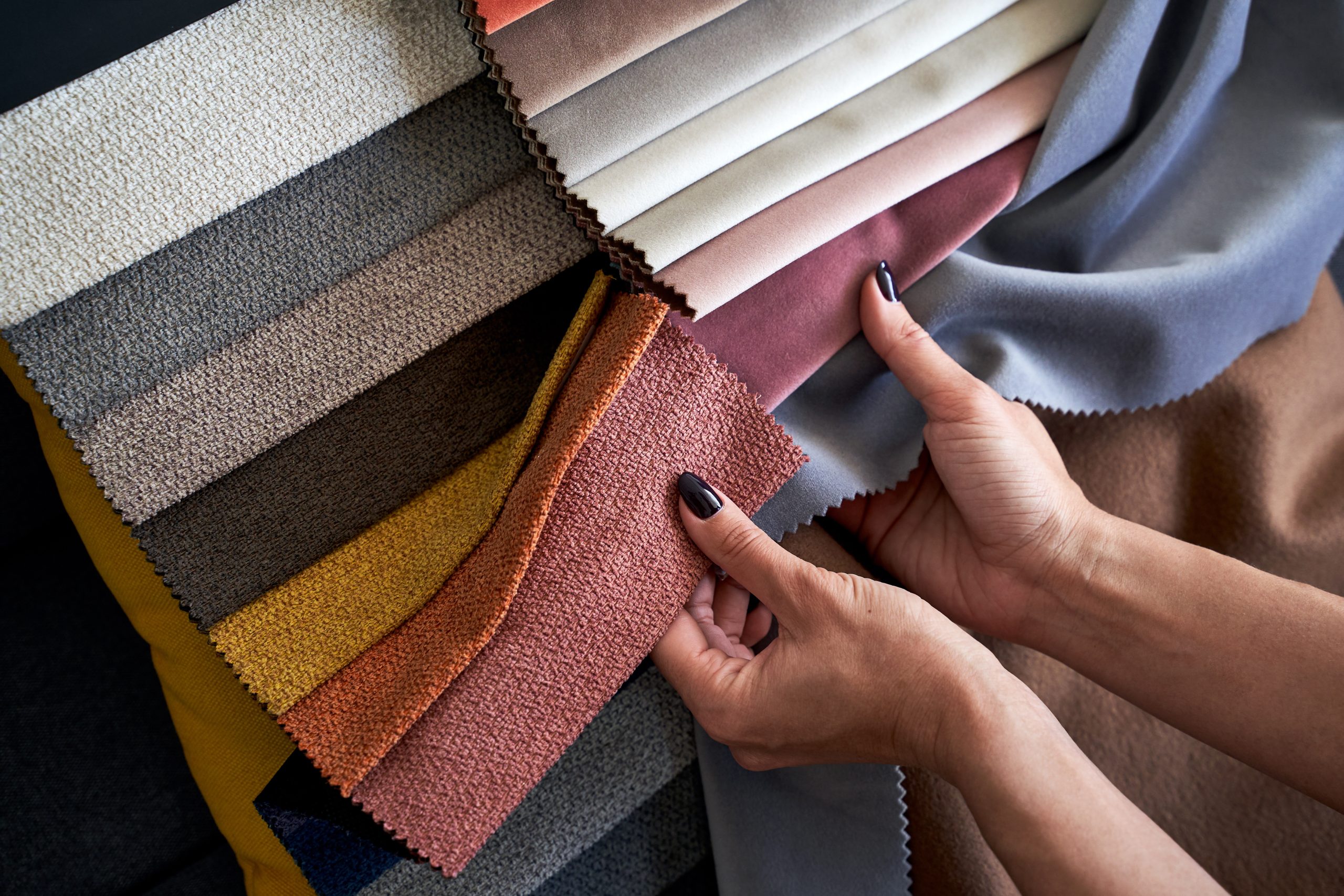
Germs are unavoidable visitors to a healthcare practice. But that doesn’t mean you have to roll out the red carpet and make them welcome! Medical design and fit-out company Evoke Projects explains how to choose materials for your practice that say no to germs.
Given the readership, we don’t need to explain about germs and the problems that they create. Practice managers know a great deal more than we do about that topic. Our expertise is in designing healthcare practices and managing fit-outs. As part of this, we stay on top of the latest ways to control infection through clever use of materials within the practice design.
Choose materials that are durable and easy to clean. Try to avoid grooves, crevices, seams, gaps and difficult-to-access corners within the medical design. Flat, smooth and gently-curving surfaces are the easiest to clean thoroughly.
Hard surface flooring, rather than carpet, is the best choice. Porcelain tiles look good, are hard-wearing and easy to clean. However, grout needs careful consideration as it is porous and will harbour germs. Sealing the tile and grout will provide resistance, and it’s important to repeat the sealant regularly.
Be sure to either choose a sealant that matches your regular cleaning protocols or adapt your cleaning to the sealant. Harsh cleaning products could strip the sealant and remove protection. A properly sealed floor can be maintained with gentle cleaning agents. If a new medical fit-out is not within the budget, floor refurbishment and sealant will boost your germ resistance!
Copper is great for door handles and handrails as it is naturally germ-resistant. Studies have proven its effectiveness. For example, one study showed copper doorknobs and handrails revealed significantly less microbial burden (59% and 33% reduction, respectively) than the normal doorknobs and handrails. Another study found that C. difficile bacteria can form spores and survive on dry surfaces for up to five months and cannot be killed by hospital-grade disinfectants. However, copper, including its alloys with greater than 70% copper, can kill C. difficile, including the spores.
There are also published studies showing the contact-killing property of copper surfaces against viruses such as influenza virus, norovirus, monkeypox, vaccinia virus, human immunodeficiency virus (HIV), SARS-CoV and SARS-CoV-21.1
Solid surface materials such as Corian® are non-porous and seamless. They are perfect for healthcare countertops because solid surface materials are stain resistant and will not support the growth of bacteria. Compared to traditional stone products, Corian® has zero silica so is safer for lungs too. (Engineered stone was banned in new installations in Australia from July 2024 due to concerns over the potential for lung disease from exposure to crystalline silica dust.)
Stainless steel is non-porous and easy to clean. It can withstand harsh chemicals. Equipment trolleys, fixtures and fittings, worktops and shelves are available in stainless steel. It is a versatile material because it can be formed into different shapes.
Antimicrobial coatings help surfaces to resist bacteria growth. They can be applied to walls, floors and high-touch areas. Different coatings will suit different applications. Some products are manufactured with built-in antimicrobial protection e.g., paint, while others are designed for post-installation e.g., sprays.
Glass is cost-effective, non-porous and naturally resists germs. Using coloured glass within the medical fit-out gives plenty of opportunity for interesting design. For example, an orange splashback will add warmth to an otherwise sterile-looking setting. Glass doors have the added advantage of letting in natural light. A glass magazine table in reception looks classy and is easily cleaned.
For more information on using infection-resistant materials in your healthcare practice design and fit-out, please call Evoke Projects on 1300 720 692.